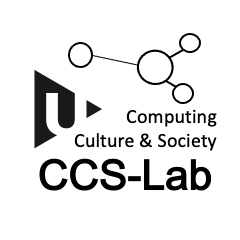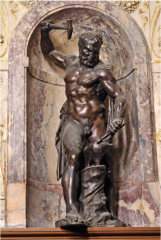Datum: 24.10.2024
Od: 16.00
Místo konání: -
the lecture room of the CMS, Jilská 1
Annotation

You can also join the lecture online by clicking here: https://cesnet.zoom.us/j/96193059937?pwd=ARrf0ZpfrUurf8KtA9rLxV9rRzBa31.1
Invitation to download here.
The Swiss physician and philosopher Theophrastus von Hohenheim, called Paracelsus (1493-1541) was a strong supporter of medical alchemy, both in philosophical and practical form. In his view, alchemy took place in three dimensions: the universal, the human, and the physiological (inside the body). Uniting these levels was the active agent that made alchemy happen. Paracelsus called this agent by several names, but the one standing out is that of the ‘master of the fire’, the Vulcanus. The concept of the Vulcanus was particularly well-articulated in one of Paracelsus’s last writings, Labyrinthus medicorum errantium (1538), which makes a strong case for alchemy as a phenomenon that unites the worlds of the natural and the artificial. However, the Vulcanus appears at different stages of development in Paracelsus’s thought. In the present talk I will argue that the dynamics of the notion can be captured by two main reading techniques: traditional close reading, as well as the much more novel one of distant reading. The latter is part of the emerging field of digital and computational humanities, and involves the analysis of corpora by means of digital tools, including programming. In the article, I will attempt to combine distant and close reading and showcase how such hybrid approaches may provide a new way of looking at historical corpora.


